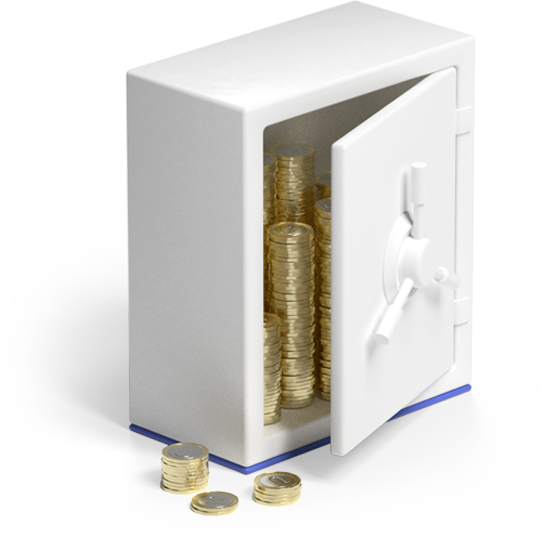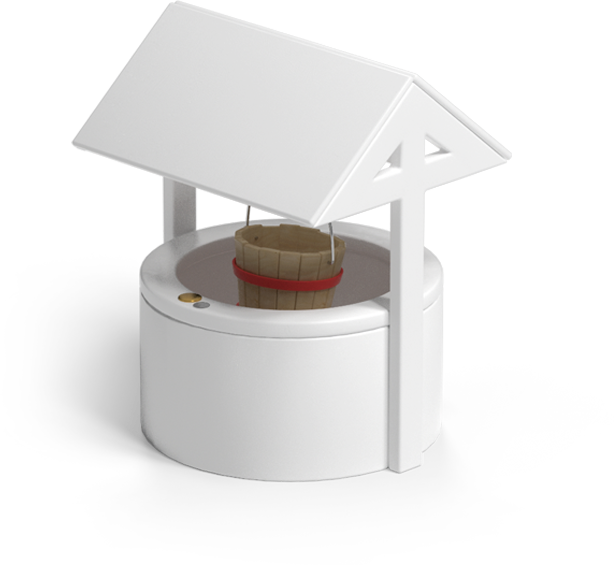Buying A Property At Auction
Buying a property at auction is not the most popular way to purchase a house, but it can be a great way to pick up a bargain if you know what you’re doing.
By Jon Howe10/27/21

Buying A Property At Auction
Buying a property at auction is not the most popular way to purchase a house, but it can be a great way to pick up a bargain if you know what you’re doing. It is a quick and relatively simple process and removes a lot of the unavoidable uncertainty and stress that comes with the traditional house-buying process. However, property auctions can be daunting and intimidating, and costly. And this is even if you know what you are doing. So this guide aims to explain the auction process, how you need to prepare for it and what you need to be aware of.
Why would you buy a property at an auction?
The main reason that people are attracted to property auctions is that they often feature unusual or irregular properties that can be picked up much cheaper, most often because an estate agent doesn’t want to sell them. This isn’t necessarily because they are unattractive properties, but could be down to their location or a distinctive feature of the property. Maybe a previous sale has fallen through and the seller wants a quick sale? Or it could be because the property is in disrepair or needs a lot of work doing to it. In this sense, yes you can pick up a bargain, but you need to go into the purchase fully aware of the costs involved. For this reason, auctions are often the domain of property developers or experienced property investors who are aware of the possible pitfalls and have a good eye for costs and the potential of a property.
Increasingly, another reason why people are attracted to property auctions is to avoid lengthy property chains. In an auction, the sale is done there and then and the process of completion begins immediately. You don’t have to wait for the seller to find another house, and you don’t face the prospect of being ‘gazumped’ by someone putting in a higher rival bid, once the hammer falls the property is yours.
Preparing for an auction
The traditional view of a property auction might be the excitement of making a bid, holding your nerve and the adrenaline rush when your bid wins, but much of the work behind a successful purchase at a property auction is done beforehand.
Research
Like any property purchase you need to find a location and property type you are interested in, but in this case, you need to research auction houses in the area and scan their catalogue for suitable properties. Once you have found one you need to arrange a viewing. Typically, an auction catalogue will be published around four weeks prior to the auction, so you need to be ready to commit and ready to act fast.
Viewings
Make sure you view the property as you would a normal house purchase, taking in every detail, asking questions and inspecting the house and the internal/external structure closely. However, depending on the condition of the property and what you plan to do with it, you should take a professional with you - such as a builder, architect or surveyor - to get an independent verdict on the work required and possible costs. You should also consider having a homebuyers report survey carried out on the property. This costs around £600 and will confirm the true value of the property, but this is a cost you won’t get back if you decide not to bid at the auction, or if your bid is unsuccessful.
Auction particulars
Upon viewing the property, the auction house should supply you with a copy of the auction particulars. This is an information pack on the property and includes the legal documents, such as searches, title deeds and a list of the fixtures and fittings included in the sale. It is recommended that you instruct a solicitor to look over these documents, to check everything is in order and to raise anything that could either effect the value of the house or suggest that you shouldn’t proceed with a purchase at all. There will be a cost to this service but it does get you up-to-speed and ready to proceed should you be successful with your bid at the auction.
Terms & Conditions
Research the terms and conditions of the auction house to understand exactly what you are tied to if successful with your bid on the day. You should also keep an eye out for addendums to the sale conditions of the property or properties you are interested in. These can sometimes change in the lead-up to the auction.
Finances
It goes without saying that you need to set a budget for what you are prepared to pay for a property. There will be a guide price for the property, which is effectively the starting bid price. But be aware that this is often around 10% lower than the minimum price the seller wants (the reserve price), and is deliberately set lower to entice bidders to the property. The guide price can also change in the days prior to the auction if there is a lot of interest, so keep an eye on this.
Once you have a budget you need to get your finances in place so that you can act as fast as necessary. This might involve getting cash together, but more likely you are going to need an ‘Agreement in Principle’ from a mortgage lender. This is a written commitment from the mortgage lender detailing how much they are prepared to let you borrow. This can sometimes be difficult to obtain with an auction property because lenders are wary of committing money to a property that is in disrepair, might be hard to sell if you defaulted on payments or where the eventual sale price is something of an unknown (i.e. when you are developing the property to flip it for a quick sale). However, the lender will carry out their own valuation regardless. You need to have your funding in place before the auction and this includes the deposit, which is usually 10% of the accepted bid price. The deposit is paid on the day and after the auction you have around a month to pay the remaining 90%.
Insurance
If you are successful with your bid for the property you will be liable for insuring it from the moment the hammer falls. So you also need to have plans in place to cover this.
On the day of the auction
Once you are as prepared as you can be, you need to get ready for the day itself. This is a big opportunity, so here is a list of things you need to be aware of on the day of the auction.
Admin fee
You will be required to pay an administration fee to the auction house in order to register for the auction, this is usually around £300.
Be early
It is a good idea to arrive in plenty of time for the auction. Obviously you don’t want to miss your opportunity to bid, but also you want to feel comfortable and at ease with the environment, and stress-free to enable you to think and act clearly. It is also a good idea to get a prominent seat in the auction room where the auctioneer can clearly see you and any bids you plan to make. Depending on the auction house, you may be given a paddle to raise when you wish to make a bid.
ID
Take two forms of identification with you, such as a passport/driving licence and a utility bill.
Bidding
If you are unsure about how to bid or are too nervous, you can instruct an agent to bid on your behalf, or you could bid by proxy or by phone as long as you provide written authorisation of your intentions and this is accepted by the auction house before the auction day. It is a good idea to let an agent bid if you are inexperienced, and you can still go along and observe so you are better prepared for next time. Of course, anyone bidding on your behalf needs to be fully versed on your budget and bid strategy. At all times your bids should be clear and concise and you need to be fully aware of what you are committing to.
Strategy
Have a plan and stick to it. While the excitement of the auction might distract you, this could lead to a very expensive mistake, so try to detach yourself from this and remain calm and focused.
Commitment
When the gavel hammer falls you are bound by the terms and conditions of the auction house and the property sale. You can’t pull out now without facing significant costs. You will need to pay the 10% deposit immediately, and then you will have between two and six weeks to pay the balance and complete the purchase, so you will probably be asked to show proof of funds as evidence that you can do this.
Considerations when buying a property at an auction
- Don’t be disheartened if you aren’t successful with your bid. There will be other properties that come up, and sometimes you might be thankful that you stuck to your budget and showed restraint. Also, if a property hasn’t met its reserve price and therefore isn’t sold, speak to the auctioneer afterwards. Register your interest and it is possible the seller will have a re-think and accept a private bid from the highest bidder, which could quite possibly be you.
- Purchasing at an auction is very much a case of ‘buyer beware’. You are committed to completing the purchase there and then and you are not covered by any consumer protection regulations if you change your mind, as such there is no ‘cooling off’ period.
- There is, however, a ‘modern method’ of property auctions which is done online and where there is a little more wiggle room for the bidder. Here you are bidding for an exclusive option to buy, which is effectively giving you a specific window to complete a purchase without any outside interference from rival bidders. So if your bid is successful you have to pay a non-refundable reservation fee of 5%, and then have 28 days to exchange contracts and a further 28 days to complete the sale.
- The main things to consider with property auctions is that you need to act fast, have your finances to hand, have a plan on the day, be clear with your bids and to be fully aware of what you are committing to. Terms and conditions will differ between auction houses and between properties, so it has never been more important to pay attention to the small print, and as such, it is always wise to ensure you have legal representation during the process and that you are prepared to pay some costs which you won’t necessarily get back.
Take a look at our other articles




